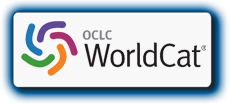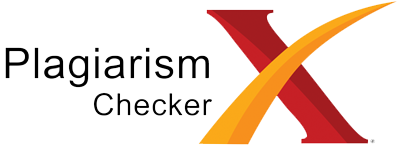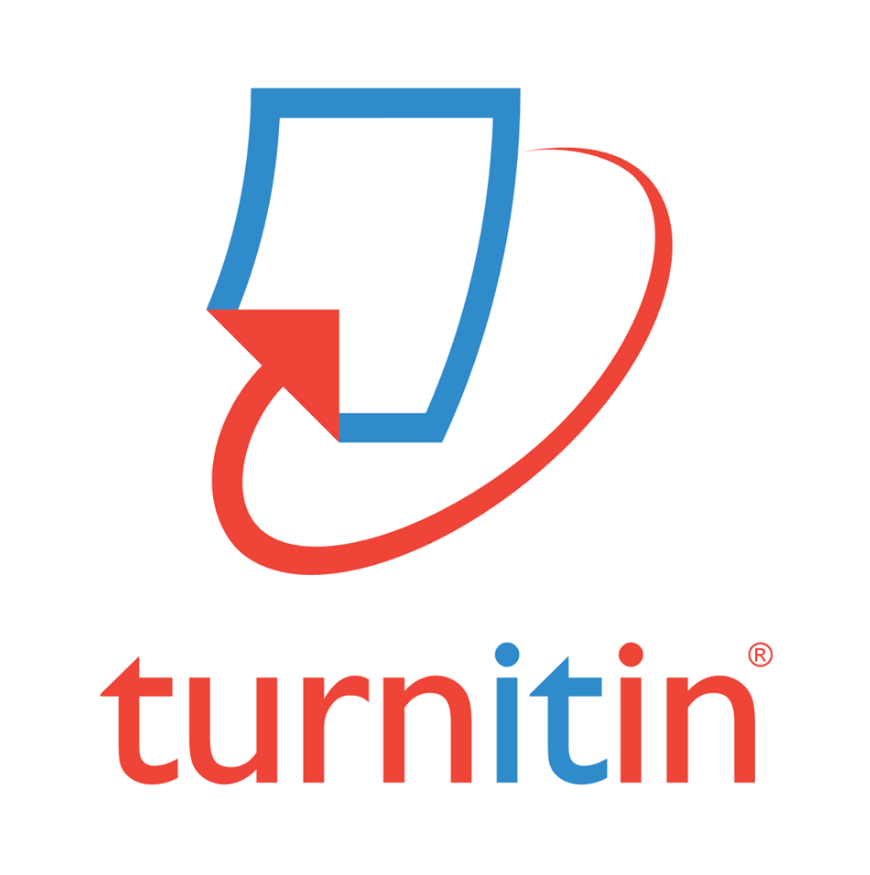Aplikasi Kolaborasi Penulisan dan Penyuntingan Berbasis Web untuk Peningkatan Mutu Karya Ilmiah Mahasiswa
Abstract
Abstrak: Komunitas mahasiswa memerlukan wahana untuk mengkonstruksi pengetahuan dalam wujud tulisan ilmiah secara kolaboratif. Mahasiswa di lingkungan Jurusan Teknologi Pendidikan Universitas Negeri Malang harus memiliki kesempatan dalam memberikan kontribusi yang akan meningkatkan mutu pembelajaran dan memiliki dampak terhadap masyarakat. Mengelola pengetahuan menulis ilmiah secara kolaborasi merupakan peluang utama untuk mencapai perbaikan yang signifikan dalam kinerja substansial mahasiswa di Jurusan Teknologi Pendidikan Universitas Negeri Malang.Bagaimana mengembangkan media kolabarasi penulisan ilmiah yang spesifik untuk mahasiswa di lingkungan Jurusan Teknologi Pendidikan Universitas Negeri Malang dan bagaimana teknologi konsep Web.2.0 dengan Wiki serta fasilitas di dalamnya memungkinkan mahasiswa di Jurusan Teknologi Pendidikan Universitas Negeri Malang untuk membuat, mempublikasikan dan berbagi konten digital dalam komunitas sosial baru dan komunitas yang mungkin sudah ada Tujuan penelitian menghasilkan model sistem kolaborasi penulisan ilmiah antar mahasiswa di lingkungan Jurusan Teknologi Pendidikan Universitas Negeri Malang berbasis web dan mempublikasikan secara ilmiah berkenaan dengan mtatakelola kolaborasi mahasiswa. Metode pengembangan model Pembelajaran digunakan model Davidson-Shivers dan Rasmussen (2007) dan dipilih berdasarkan kesesuaian terhadap kebutuhan karateristik pengembangan sistem.
Abstract: The student community needs a vehicle to construct knowledge in the form of collaborative scientific writing. Students in the Department of Educational Technology, State University of Malang must have the opportunity to make contributions that will improve the quality of learning and have an impact on society. Managing scientific writing knowledge in a collaborative manner is the main opportunity to achieve significant improvements in student performance in the Department of Educational Technology, State University of Malang. How to develop specific scientific writing collaborative media for students in the Department of Educational Technology, State University of Malang and how to conceptualize Web technology. 2.0 with Wiki and the facilities in it enable students in the Department of Educational Technology, State University of Malang to create, publish and share digital content in new social communities and communities that may already exist. Research objectives are to produce a scientific writing collaboration system model between students in the University of Educational Technology Department environment Negeri Malang is web-based and publishes scientifically regarding the management of student collaboration. The method of developing the Learning model uses the Davidson-Shivers and Rasmussen (2007) model and is selected based on its suitability to the needs of system development characteristics.
Keywords
Full Text:
PDFReferences
Bruner, J. (1990). Acts of meaning. Cambridge: Harvard University Press
Bower, M., Woo, K., Roberts, M. & Watters, P. (2006). Wiki pedagogy - A tale of two wikis. In Proceedings of the International Conference on Information Technology Based Higher Education and Training (ITHET 06), Sydney, Australia
Chickering, A. W. & Gamson, Z. F. 1987. Seven principles for good practice in undergraduate education. AAHE
Bulletin, 39(7), 3-7. [verified 5 Apr 2011] http:// learning commons. evergreen.edu/pdf/fall1987.pdf
Choy. Sheung On, & Chi. Kwok Ng. 2007. Implementing wiki software for supplementing online learning. Australasian Journal of Educational Technology2007, 23(2), 209-226.
Cole, M. 2009. Using wiki technology to support student engagement: Lessons from the trenches. Computers & Education, 52(1), 141-146.
Davidson. Geyle. dan Karen. Rasmussen. 2006. Web-Based Learning Desain, Implementation dan Evaluation. Pearson Education Ltd. New Jersey
Ebner, M., Kickmeier-Rust, M. & Holzinger, A. (2008). Utilizing wiki-systems in higher education classes: A chance for universal access? Universal Access in the Information Society, 7(4), 199-207.
Elgort, I., Smith, A. G. & Toland, J. 2008. Is wiki an effective platform for group course work. Australasian Journal of Educational Technology, 24(2), 195-210. http://www.ascilite.org.au/ajet/ajet24/elgort.html
Forte, A. & Bruckman, A. 2007. Constructing text: Wiki as a toolkit for (collaborative?) learning. In Proceedings of the 2007 International Symposium on Wikis (WikiSym), Montreal, Canada. http://citeseerx.ist.psu.edu/viewdoc/download?doi=10.1.1.105.5460&rep=rep1&type=pdf
Lee. William W. dan Diana L. Owens. 2004.Multimedia-Based Instructional Design. Edisi kedua. Peffieer.San Francisco
Leuf, B. & Cunningham, W. 2001. The wiki way: Quick collaboration on the web. Boston, MA: Addison-Wesley
Minocha, S.& Thomas, P. 2007. Collaborative learning in a wiki environment: Experiences from a software engineering course. New Review of Hypermedia and Multimedia, 13(2),187-209.
Owen, M., Grant, L., Sayers, S. & Facer, K. .2006. Social software and learning: An Opening Education report from Futurelab. http://www.futurelab.org.uk/research/opening_education/social_software_01.htm
Palloff, R. M. & Pratt, K. (2005).Collaborating online: Learning together in community. San Francisco: Jossey-Bass.
Piaget, J. 1971. Psychology and epistemology. New York, NY: Grossman Publishers.
Raman, M., Ryan, T. & Olfman, L. 2005. Designing knowledge management systems for teaching and learning with wiki technology. Journal of Information Systems Education, 16, 311-320.
Ravid, G., Kalman, Y. & Rafaeli, S. 2008. Wikibooks in higher education: Empowerment through online distributed collaboration. Computers in Human Behavior, 24, 1913-1928.
Schwartz, L., Clark, S., Cossarin, M. And Rudolph, J. (2004). Educational wikis: Features and selection criteria. International Review of Research in Open and Distance Learning, 5(1). http://www.irrodl.org/index.php/irrodl/article/view/163/244
Tu, C. H., & Corry, M .2002. Research in Online Learning Community. Journal of Instructional Science and Technology. Vol. 5 (1)
Tu, C. H., & McIsaac, M. S. 2001. Community of Practice for Mentoring. Paper presented at the Annual Conference of American Educational Research Association (AERA).
Wenger, E. 1998. Communities of practice: Learning, meaning and identity. Cambridge: Cambridge University Press.
Wenger, E.2000. Communities of practice and social learning systems. Organization, 7(2), 225-246.
Wheeler, S., Yoemans, P. & Wheeler, D. 2008. The good, the bad and the wiki: Evaluating student generated content for collaborative learning.British Journal of Educational Technology, 39, 987-995.
Refbacks
- There are currently no refbacks.
Copyright (c) 2016 Edcomtech

This work is licensed under a Creative Commons Attribution-ShareAlike 4.0 International License.
Edcomtech: Jurnal Kajian Teknologi Pendidikan published by Department of Educational Technology, Faculty of Education, State University of Malang in Collaboration with Asosiasi Program Studi Teknologi Pendidikan Indonesia (APS TPI) and Ikatan Profesi Teknologi Pendidikan Indonesia (IPTPI) with MoU.
Publisher Address:
Lab. Teknologi Pendidikan, Gd.E2, Lt.1
Fakultas Ilmu Pendidikan Universitas Negeri Malang
Jalan Semarang No 5, Kota Malang Kode Pos 65145
Email: edcomtech.fip@um.ac.id
========================================================================================================
| INDEXED BY | TOOLS | PLAGIARISM CHECK | ARTICLE TEMPLATE |
|

Edcomtech is licensed under a Creative Commons Attribution-ShareAlike 4.0 International License.
Edcomtech Statistics (Since July 13th, 2020)

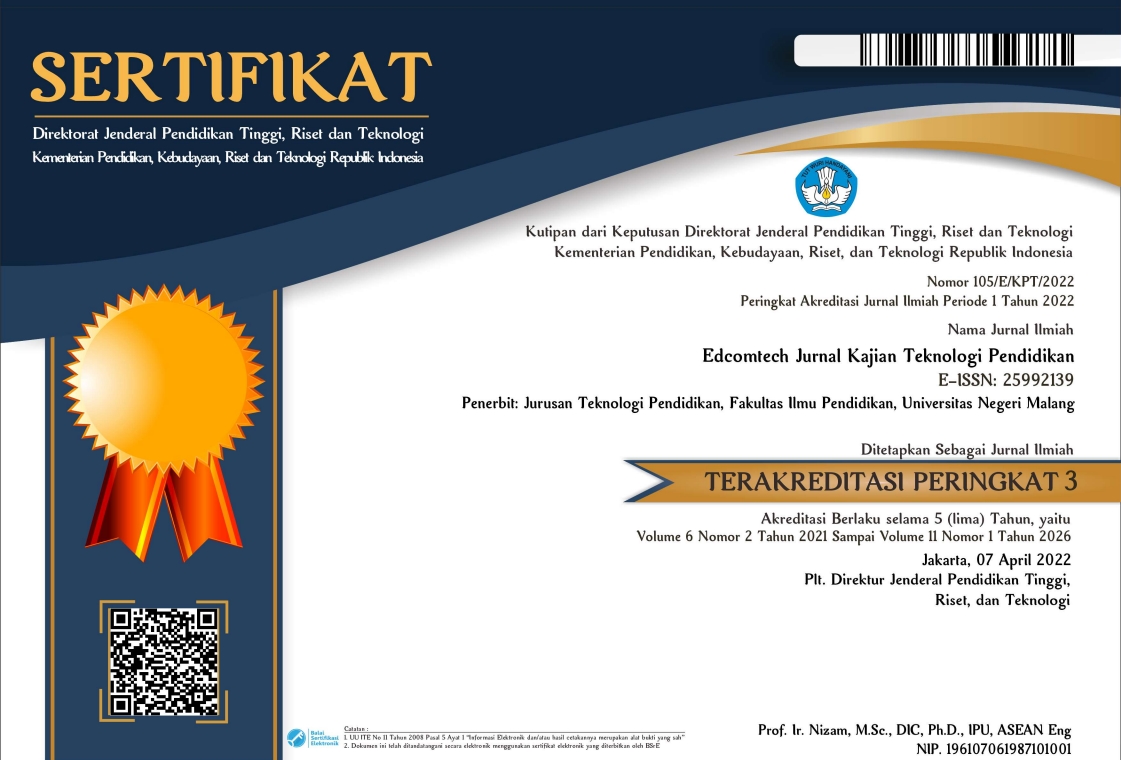

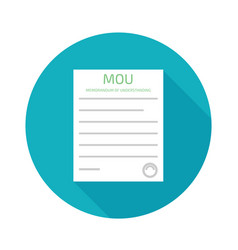

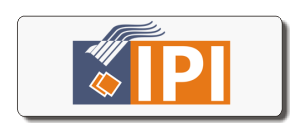

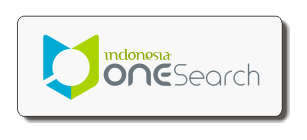



1.png)
